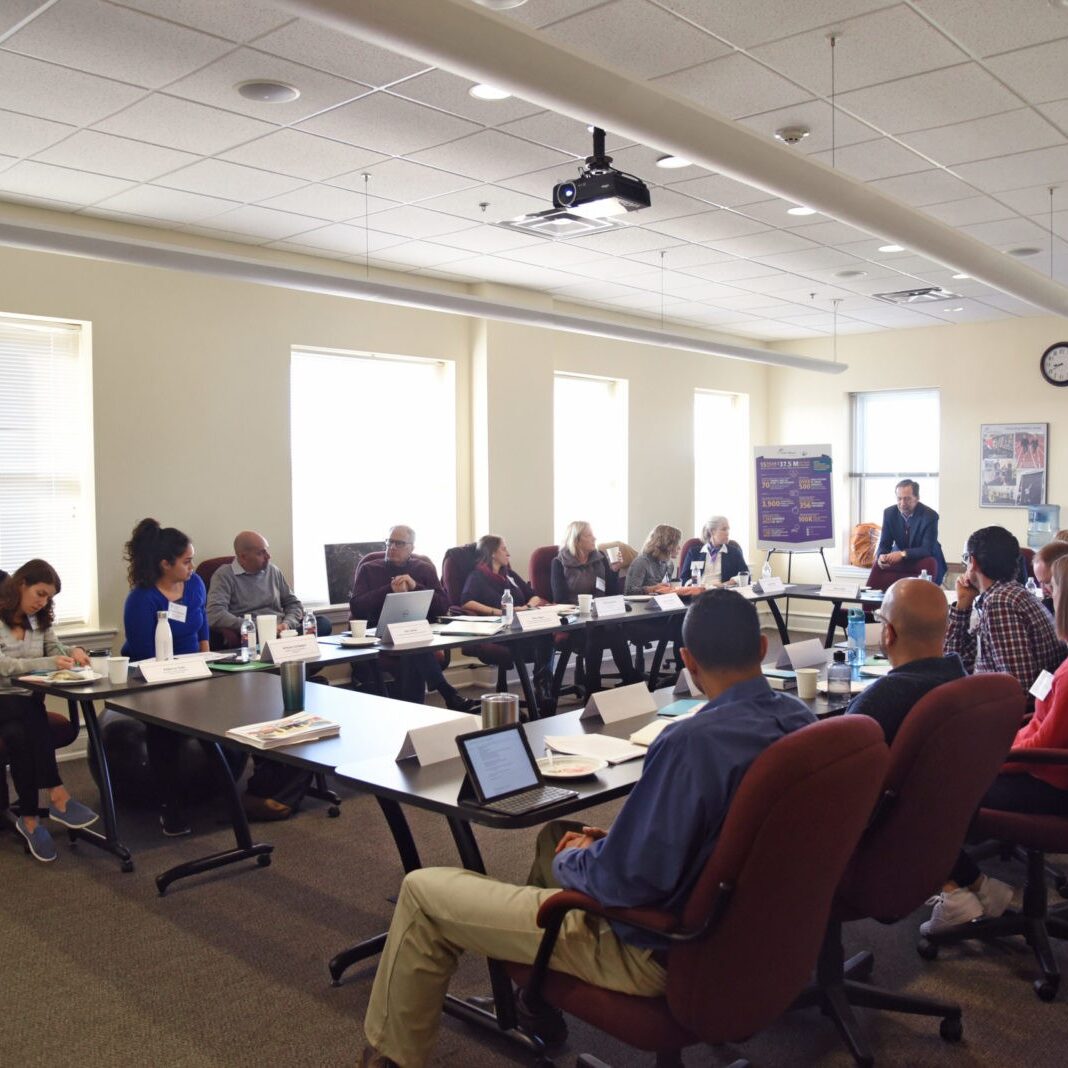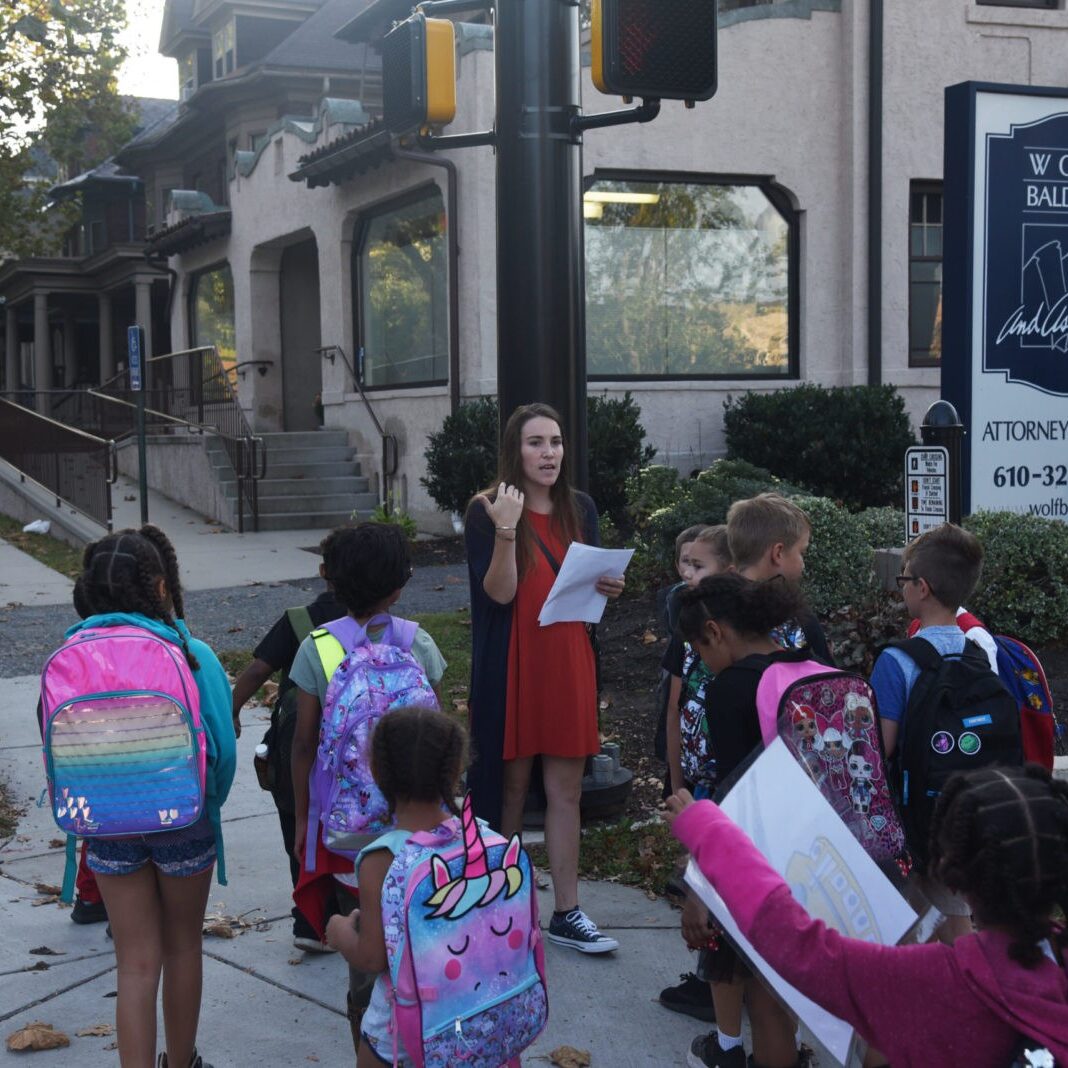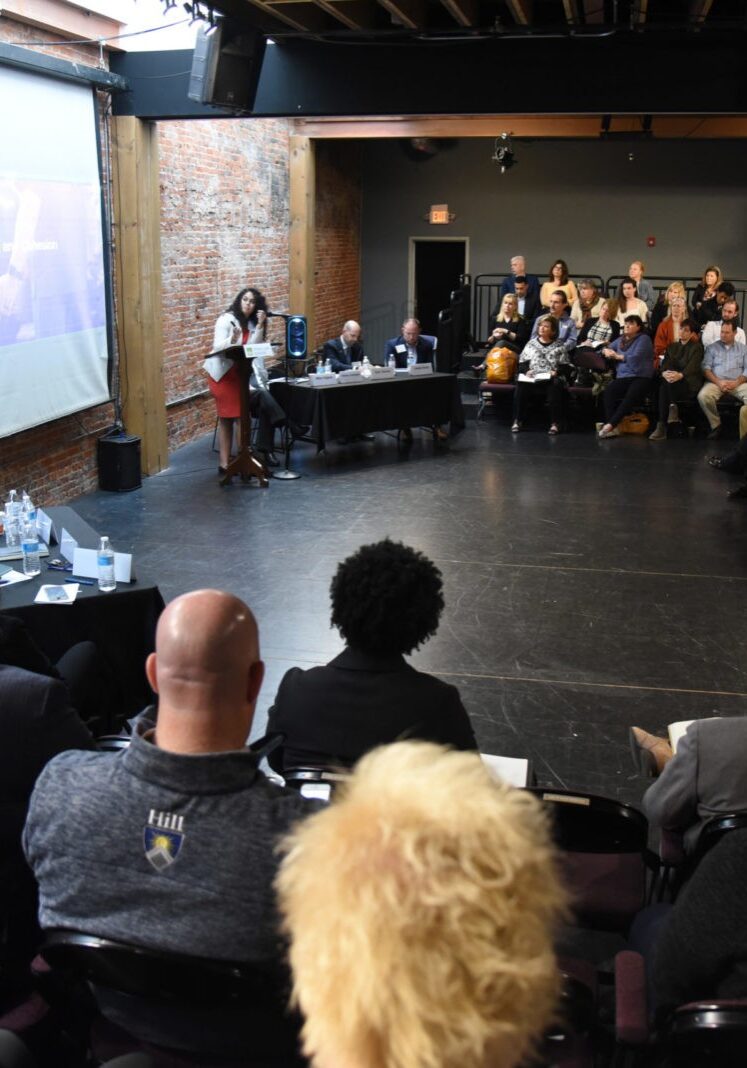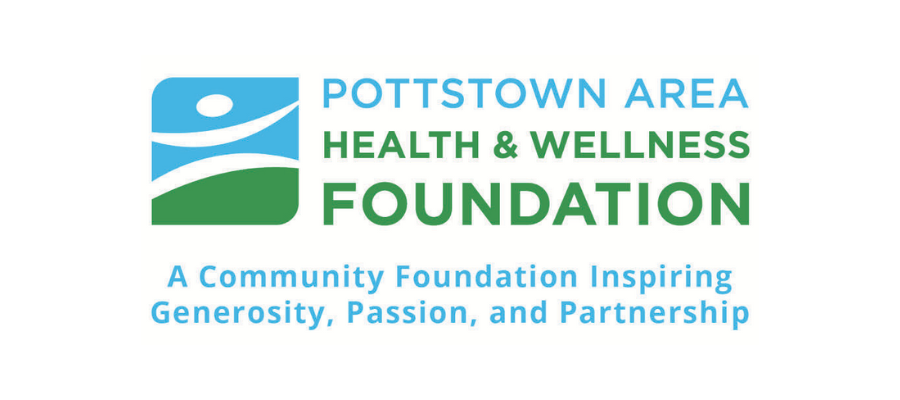Organizational Capacity Building Opportunities
Pottstown Area Health & Wellness Foundation invests in the growth and development of the nonprofit sector and offers a range of capacity-building opportunities at no cost to your organization. The Foundation listens to organizations about their needs and challenges and designs programs based on this feedback. If you are a Pottstown Area Health & Wellness Foundation grantee, please review the different opportunities below and reach out to Craig Colistra, or your Program Officer, if you have any questions.
Catchafire Capacity Building Partnership
Catchafire is an online tool that connects organizations with talented professionals looking to donate their skills. This resource provides organizations with expert support in areas like marketing and communications, web development, operations, strategy, and more or help talk through organizational challenges. This platform is available to all active grantees.
For example, S.O.U.L (Saving Our Underprivileged Lives) has completed 6 projects and calls, which would have cost nearly $30,000 had consultants done the work. The organization’s mission is to invest resources in underserved youth in Montgomery County, providing them with programs specifically designed to address their work, education, relationships, community, health, and creative needs. This year, a volunteer assisted S.O.U.L. in improving transparency and accountability with clarified rights, policies, and other expectations in a revised employee handbook.
Since 2023, participating nonprofits have saved over $125,000 on consulting support. To learn more about how Catchafire can support your organization, you can visit their website here. For support with accessing the platform reach out to Craig Colistra.
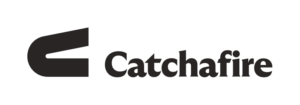
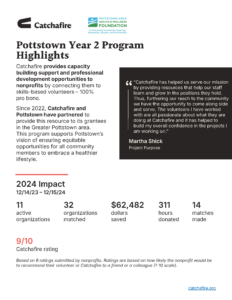
Hello Insight – Youth Development Survey Tool
Hello Insight helps organizations continually evaluate their youth development programs and respond to what young people need through a range of survey tools—based on the latest research in Positive Youth Development (PYD) and Social Emotional Learning (SEL). With easy-to-administer tools, organizations are able to understand, enhance, and share the impact they are having on those served. Visit Hello Insight to learn more about what tools are available and the outcomes that they measure.
To learn about the local organizations that are leveraging Hello Insight to turn research-based recommendations into ongoing improvement, click here. Kelly Grosser, Chief Impact Officer of the YWCA TriCounty Area, states:
"Non-profits can struggle to have the capacity and tools for program evaluation that support high quality programs and adaptable approaches youth need to thrive. Not only does Hello Insight inform us on how we're doing and where there's room to grow, the expansion of the types of tools they offer allows us to customize evaluation tools to meet the needs of diverse programs. The tool, the data, and the overall focus on youth development benchmarks also support our funding attraction, as Hello Insight is a solid platform that is widely recognized. We can't say enough about it: We LOVE Hello Insight!"
If you are a youth-serving organization and current grantee of the Pottstown Area Health & Wellness Foundation, and would like to explore how this tool could support your youth programs and participants, reach out to Craig Colistra.
Impact Capacity Assessment Tool
The Impact Capacity Assessment Tool (iCAT) is an assessment and planning tool that helps nonprofits better understand their organizational capacity based on direct input from those who know the organization best—the staff and key stakeholders. This easy-to-administer organizational capacity assessment will highlight nonprofits' strengths and challenges on key capacities and provide a dashboard of results and recommended strategies to strengthen your nonprofit.
If you are interested in the iCAT, please review the Frequently Asked Questions and reach out to Craig Colistra.
Submit A Grant Application
